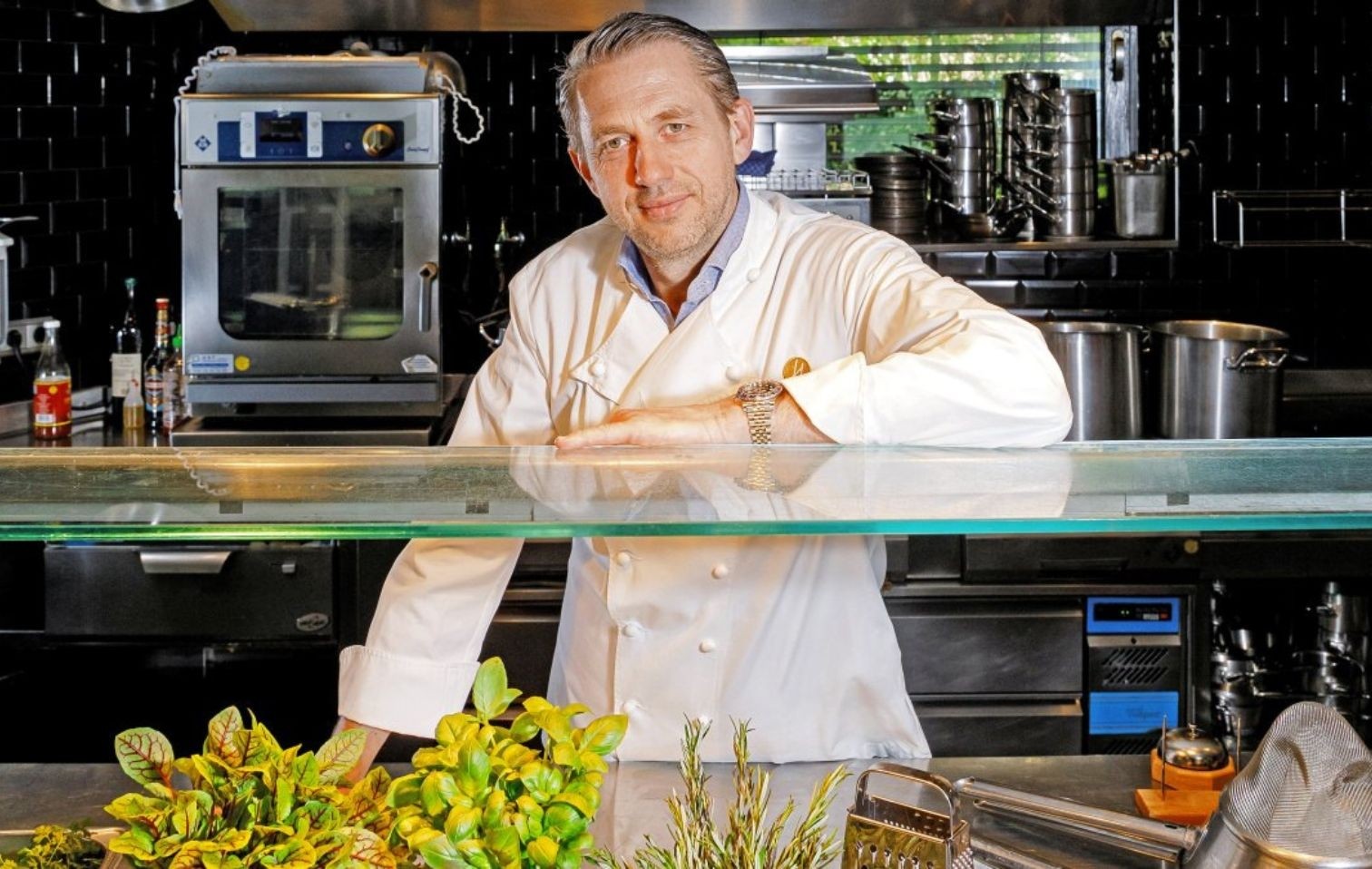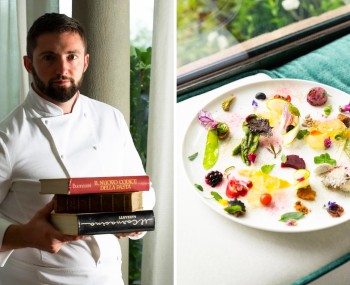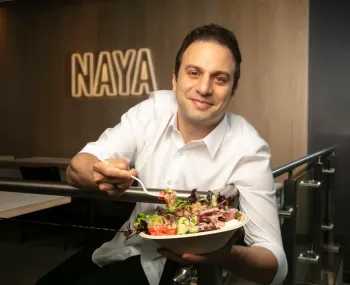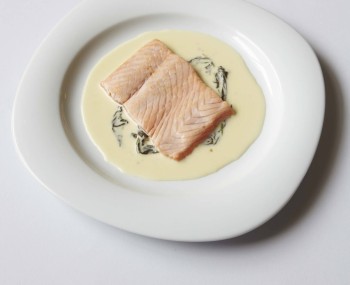What is the future of foie gras in Germany? The country bans its production, and many chefs have replaced it with ethical alternatives of equal quality. Chef Claas-Henrik Anklam, however, faced a complaint from the PETA association, leading the restaurant to remove the product from the menu.
The news
On September 29th, the animal protection organization PETA filed a complaint against the gourmet restaurant Henriks in Hamburg, as reported by Rollig Pin. The menu of Claas-Henrik Anklam, included several dishes made with foie gras, the production of which is banned in Germany (although many restaurants purchase the ingredient from other countries, raising significant ethical concerns). Controversial foie gras is still considered the crown jewel of French fine dining.
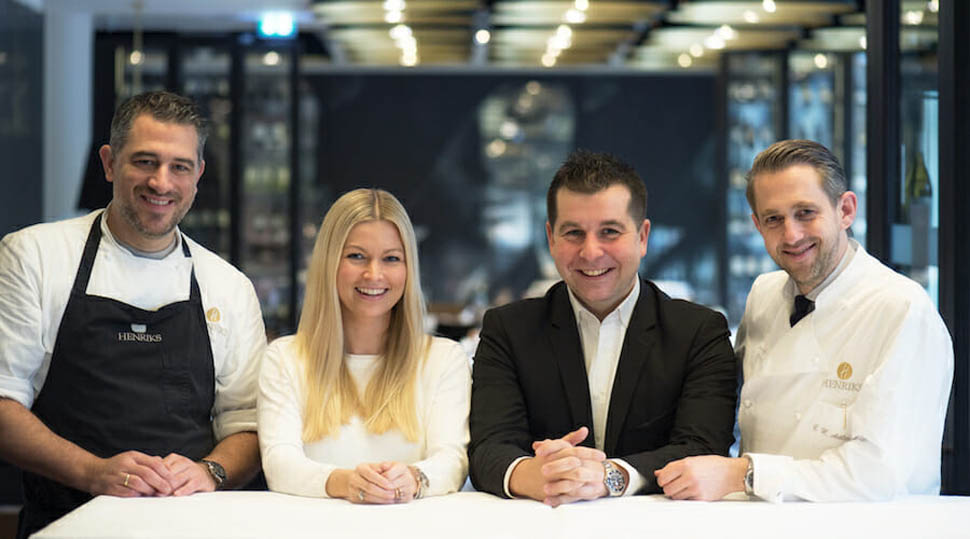
As early as 2021, PETA had asked the restaurant to remove the product from the menu, but they received no response. For this reason, they took legal action by filing a complaint with the Hamburg Prosecutor's Office. Foie gras production remains a crime across Germany, as it causes great suffering to animals: essentially, to promote rapid growth, a tube containing "high-fat cereal paste" is forcibly inserted into the throats of geese and ducks. Forced feeding causes their livers to swell up to ten times their normal weight in a matter of days. Many animals die before they even reach the slaughterhouse.
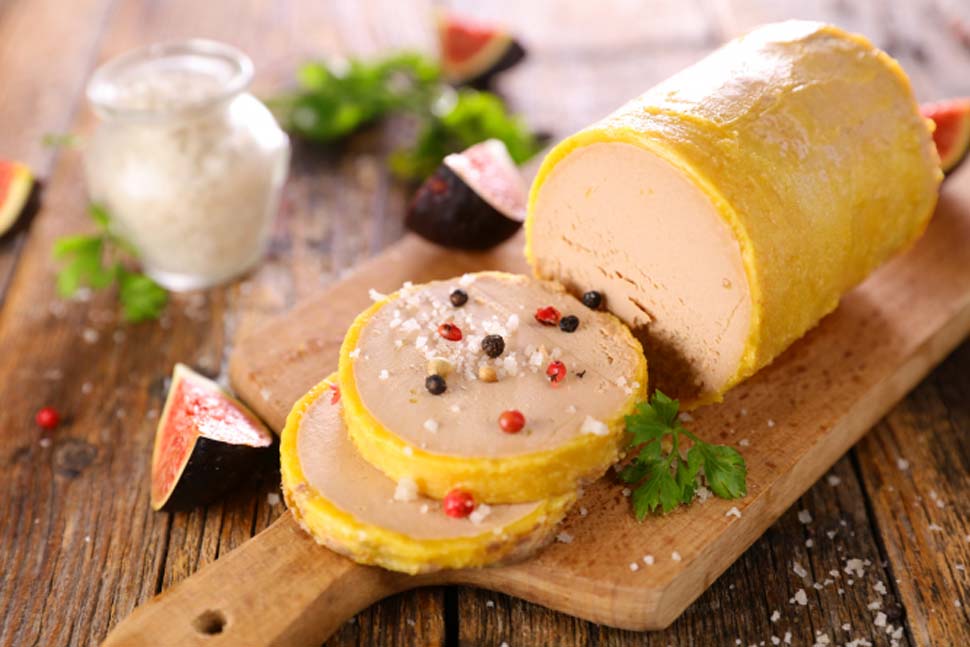
The restaurant owner responded to the announcement by making a significant decision. "I discussed this issue at length with my wife in recent days, and we will try to do without foie gras. There hasn't been much demand in recent years, but it has always been considered a hallmark of a high-end restaurant." As a result, foie gras was removed from the menu and replaced, despite intense pressure from animal rights activists. But what justifies the complaint, if foie gras can be imported? PETA answers, as reported by this source: "The charge was brought forth suspicion of aiding and abetting in the mistreatment of tortured animals under Article 17 of the Animal Welfare Act, in conjunction with the provisions of the criminal code. Since foie gras production is banned in Germany, the restaurant circumvents the law by resorting to imports that still harm the animals' health," says Tanja Breining, a PETA Germany specialist.
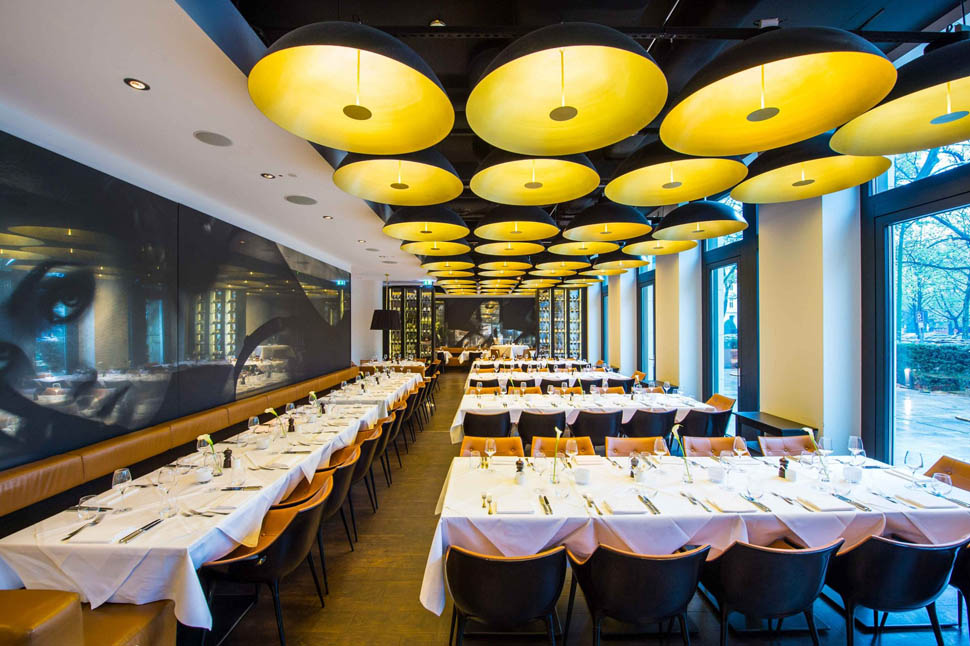
In addition to animal welfare reasons, the cost factor certainly played a role in the restaurateur's decision. According to Anklam, the product has become more than 300% more expensive in recent years. Another restaurant in Hamburg took the PETA criticism to heart and decided to remove foie gras from the menu: the Brasserie Tortue on Stadthausbrücke in Hamburg. "With the next menu update, the duck foie gras terrine with candied fruit, fermented pepper, and toasted brioche at 37 euros will no longer be available," they announced. For PETA, the reactions of the Henriks' and Tortue Brasserie managers are a clear success.
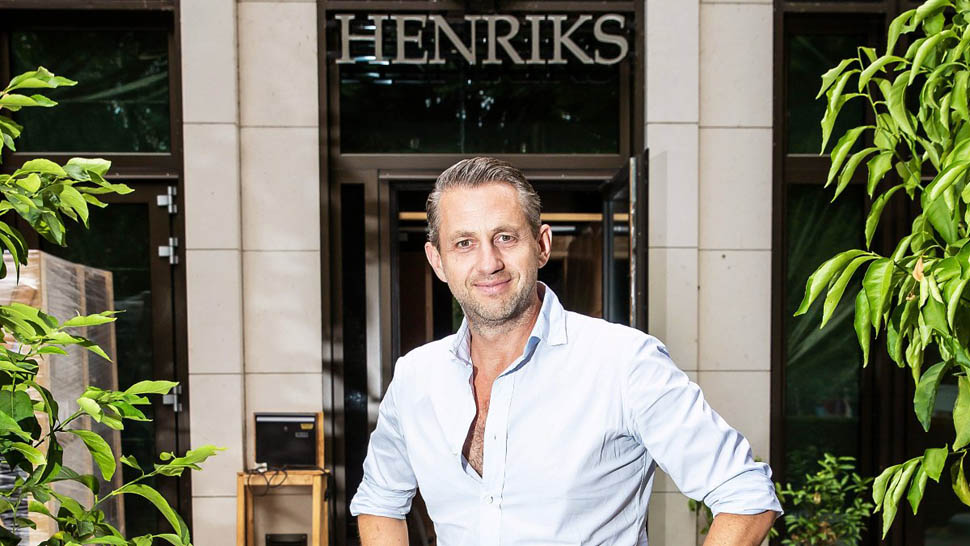
"Even though many restaurants are still reluctant to say goodbye to cruel dishes because they believe it diminishes the image of high-end French cuisine, more and more Michelin-starred and gourmet establishments are turning to plant-based alternatives," says Tanja Breining of PETA. "Obviously, we are very happy about this." Researchers and top chefs have been trying to produce the French specialty without animal suffering for some time. A Parisian startup, for example, has set the task of "cultivating" foie gras in a test tube. Not only that: top chef Sebastian Frank recently presented a vegan goose liver made from mushrooms at the Berlin Food Night. In seven elaborate steps, an incredibly similar product is created from a herb-infused oyster mushroom. Is this the future of the popular but controversial dish?
Cover photos: Marcelo Hernandez
